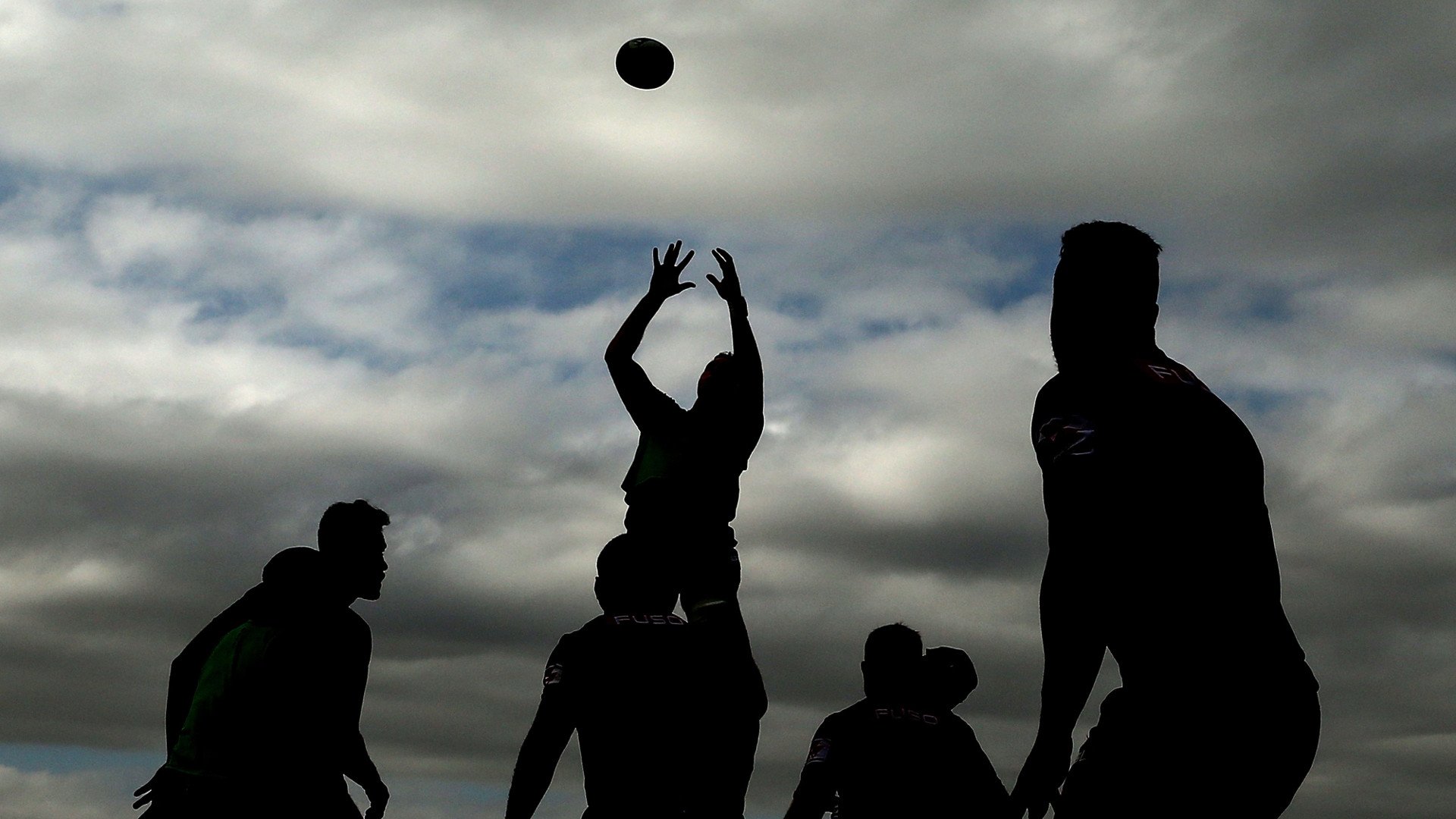Why some players are banned for 2 months and others for 2 years for cocaine explained

In the last 24 hours two rugby players, on two separate continents, playing at two very different levels, were given two wildly differing bans for the presence in their bodies’ of the same substance – cocaine.
One was Wallaby and Reds captain James Slipper, who the ARU have sidelined for two months, despite testing positive for a second time for a cocaine metabolite.
Continue reading below…
Slipper has claimed that his cocaine use was part of a wider struggle with depression.
Meanwhile in the UK – a player for Cheltenham Tigers was banned for two years after he was failed a doping control test in late 2017. Pattrick Hillier told the doping panel that he believed his drink was ‘spiked’ with cocaine at a friends wedding two days before his game in the Level 7 match in the lower rungs of English rugby. It was accepted that the cocaine was use was in ‘out of competition’ context.
Similarly, in 2009, Matt Stevens was banned for two years for cocaine use.
On the face of it, the 10 fold difference in the ban doesn’t appear particularly fair.
The reason for the disparity in bans is the testing regimes and the sanctioning mechanism involved.
The ARU used their own in house Illicit Drugs Policy programme, which they run their own testing under and which pertains to recreational drug use and crucially non-performance enhancing substances. According to the programme, a first violation will see the player forced to attend drug treatment programme, get placed on a targeted test list and be find 5 percent of their annual income (among other measures).
Crucially, no ban is incurred.
A second violation incurs more measures, another 5 percent fine and a ban of 2 months. In the case of Slipper he was fined $27,500, which suggests that his salary is $550,000 per annum.
However in the case in England, the player was subject to the full rigours of the World Anti Doping Agency (WADA) code in an in-competition doping control test as carried out by the RFU.
Despite the panel concluding there was no evidence that the substance had been taken to enhance performance and that the player established to their satisfaction that the prohibited substance was used out of competition in a context unrelated to sports performance, he was still banned for two years.































